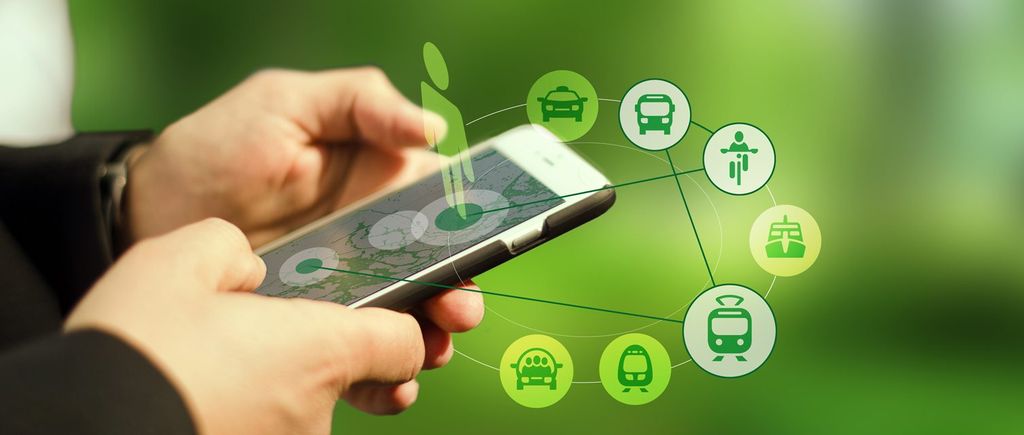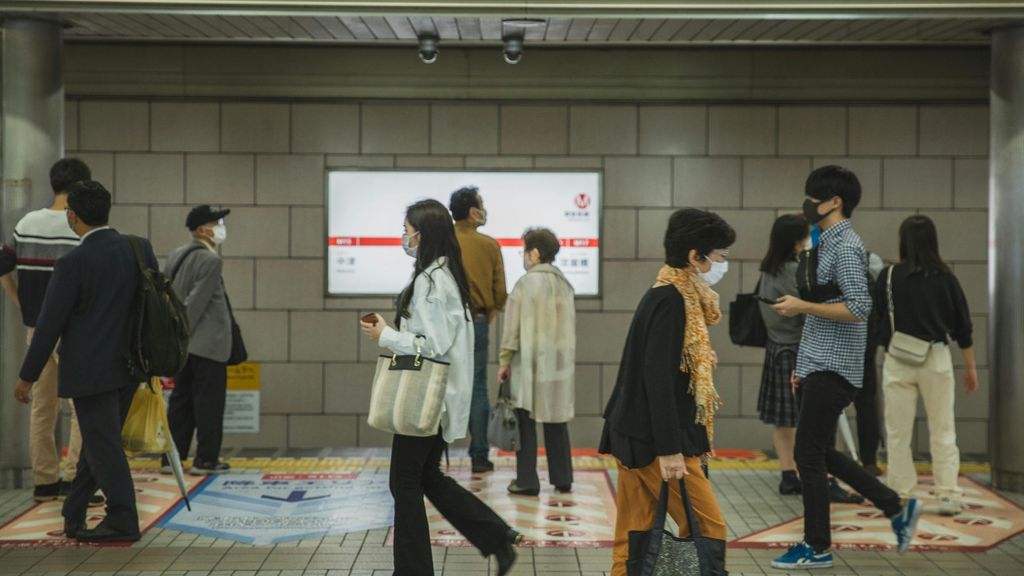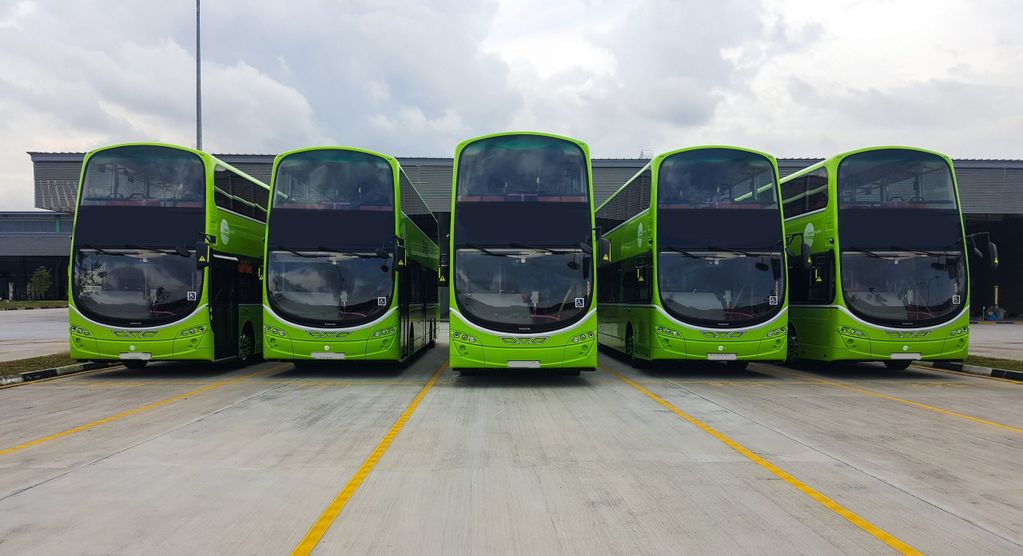
Expanding mobility horizons: new project ARIADNA kicks off
Read how new EU-project ARIADNA aims to support MaaS through satelite technology!
With cities all over the world expanding rapidly, we see that urban mobility is also evolving more and more. New innovations allow people to easily mix and match different modes of transportation. Via Mobility as a Service (MaaS) schemes, travellers can access different mobility services via just one click on their smartphone –a key example of the digital transformation of public transport.
The geolocation of users and vehicles plays a key role for MaaS: when travelling from A to B using different mobility options, it is essential that information is readily available ánd accurate.
Much research is done to find out how geolocation technologies can further help to improve MaaS schemes. In 2017, UITP became partner in Galileo 4 Mobility,a project funded by the European Commission that aims to foster the adoption of geospatial technology for the increasing variety of location-based mobility services. The project focuses specifically on Galileo technology, the Global Navigation Satellite System (EGNSS)created by the EU through the European GNSS Agency.
With Galileo 4 Mobility coming to its end in April (stay tuned for the project’s results!), UITP is proud to announce it has entered into a new project focused on satellite technology and MaaS. Given the name ARIADNA (Awareness Raising and capacity building Increasing ADoption of EGNSS in urbaN mobility Applications and services), this project is about raising awareness and market uptake of EGNSS in mobility and public transport.
ARIADNA seeks to educate different stakeholders in GALILEO technology and its applications within mobility, and act as a strategic entry point to the European, and worldwide, implementations of GALILEO in mobility.
To some extent, ARIADNA can be considered as a natural continuation of Galileo 4 Mobility when it comes to promoting the benefits of deploying the technology in different mobility scenarios. In the end, ARIADNA wants authorities and mobility operators to understand exactly where the system can be used, for which purpose, its technological readiness, the challenges being faced, and then highlight the increased benefits that GALILEO has to offer.
Coordinated by Factual Consulting, ARIADNA counts five partners and will last for two years. For more information on ARIADNA, contact Project Manager Michele Tozzi.
The new website of ARIADNA will be online soon, so stay tuned!
Mobility as a Service is one of the main themes of IT-TRANS, which will be held from 3 to 5 March in Karlsruhe.
become a member








